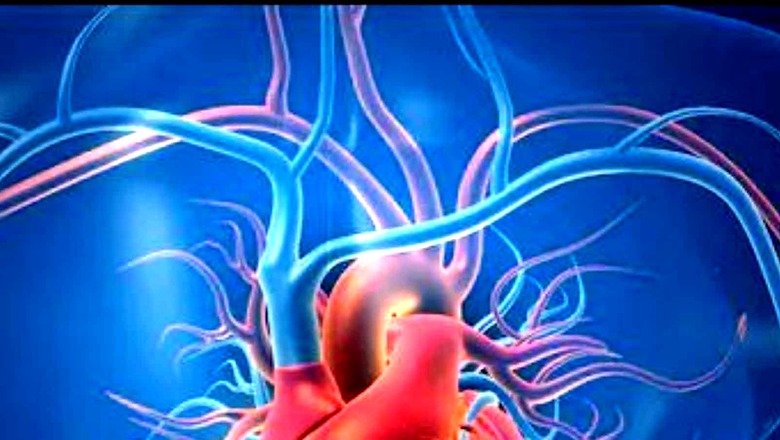
views
Cardiovascular diseases have emerged as the biggest cause of deaths globally. The gravity of the problem can be analyzed by the fact that an estimated 17.9 million lives are lost every year due to this problem. Also, a new research has indicated that 90 percent of people with type 2 diabetes can suffer from a fatal heart disease or stroke within 10 years. These problems, closely inter-related can cause excruciating amount of troubles and need to eliminated properly.
Types of heart failures
We can classify heart failures on the basis of ejection fraction. Ejection Fraction is defined as the amount of blood pumped out of the heart with each beat. A normal ejection fraction is around 55 to 70%. Although it can be lower when it comes to heart failure.
People having heart failure with reduced ejection fraction have 40 to 50 percent lower EF. This is referred to as systolic heart failure.Those having heart failure with preserved ejection fraction do not notice much change in their ejection fraction. This is referred to as Diastolic heart failure.
In the case of preserved ejection fraction, the heart appears to be pumping well. Although, it is unable to relax properly between each heart beat and thus fails to meet the oxygen demands of body.
Patients having reduced ejection fraction are commonly given medicines which are instrumental in stopping further serious consequences like heart attacks. Till now, there was no such medicine for patients suffering from preserved ejection fraction. However, recent studies have indicated that Sodium Glucose Co Transporter 2 Inhibitors was associated with a major decrease in the risk of cardiovascular deaths.
According to the researchers, heart failure with preserved ejection fraction poses a lot of challenges. These challenges are numerous in terms of complexity and treatment. Sodium Glucose Co Transporter 2 Inhibitors have provided a ray of hope in the direction of treating preserved ejection fraction. It is due to the favorable effect their cardio metabolic profile has on the pathophysiological mechanisms involved in HFpEF.
Read all the Latest Lifestyle News here




















Comments
0 comment